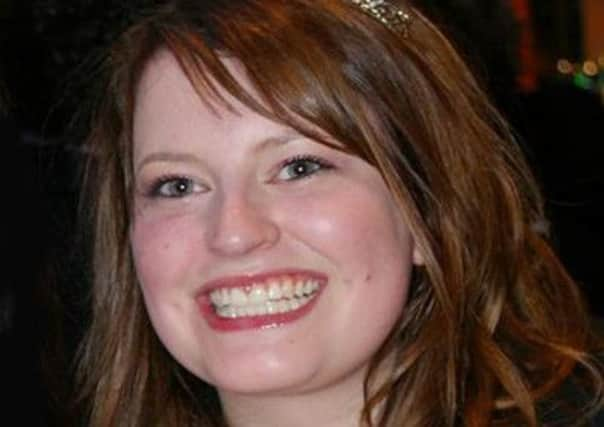Top Scots surgeon calls for junior doctor changes


Ian Ritchie, chairman of the Academy of Medical Royal Colleges and Faculties in Scotland, in his first interview since his appointment, said: “There is clearly something wrong with the way the service is delivered, and therefore we have a responsibility to look at the way we work to ensure we make things better for doctors in training.”
Dr Connelly, 23, was killed in September 2011 returning home from Inverclyde Royal Hospital in Greenock only seven weeks after starting her first job. Her father spoke out about the hours his daughter had been working prior to the accident and has called for junior-doctor working hours to be overhauled.
Advertisement
Hide AdAdvertisement
Hide AdUnder European legislation, junior doctors’ working hours are limited to 48 hours a week. Health boards in Scotland comply with this though the figure can be arrived at by averaging hours worked over six months.
Mr Ritchie said while the government had made progress with restricting working hours, the “the spirit of the law isn’t being followed”.
He said: “The consequence of that is that at one extreme it may have contributed to the loss of a junior doctor’s life. At the other extreme, junior doctors are questioning their career decisions and are leaving Scottish medicine.
“But this is not one individual’s fault. There is not a whip you can crack on this. We all need to stand back and look at the way we are working including shifting the focus away from targets.
“Patients too also have a responsibility to make sure they use the service properly and don’t turn up at places such as accident and emergency with trivial complaints.”
Neil Findlay, MSP, Scottish Labour’s health spokesman, said: “This is a significant intervention by Ian Ritchie. We quite rightly fit lorries with tachographs to prevent accidents and protect drivers and other road users but junior doctors working on patients in the NHS are not offered the same level of protection.
“The government has known about these problems for years yet nothing appears to have been done. We cannot allow this to continue. Alex Neil [the health secretary] needs to take action to ensure compliance with both the spirit and letter of the [EU] working time directive.”
Dr Connelly’s father, Brian, has said that his daughter was working sets of ten to 12 days in a row and routinely late home.
Advertisement
Hide AdAdvertisement
Hide AdDr David Reid, chairman of the BMA’s Scottish junior doctors committee, said shift patterns needed to be altered to safeguard patients and staff.
“We’d like to see a reduction in shift patterns which are particularly tiring, such as seven night shifts or days of 12½ to 13½ hours. Health boards realise there is a problem compounded by shortage of staff.”
Margaret Watt, chairwoman of the Scotland Patients’ Association, called for talks to resolve the issue. “What happened to Lauren Connelly was tragic. The current system is morally wrong. Put quite simply, the lives of junior doctors and patients are being put at risk.
“We are so short of doctors, surgeons and other medical staff that the pressure is on junior doctors to carry this service through with less than 100 per cent staff and this is not fair.
“Scotland’s political parties need to hammer this out.”
A government spokesman said: “All working patterns comply with the working time regulations. We have issued guidance asking all NHS boards to review rotas with a view to eliminating working seven nights in a row and currently, in 97 per cent of rotas, no junior doctor will work more than four nights in a row.”
SEE ALSO: